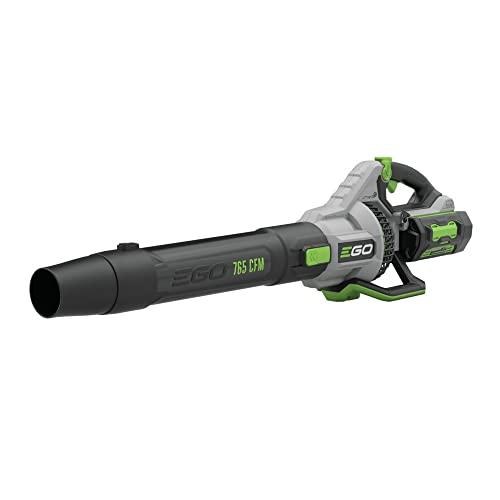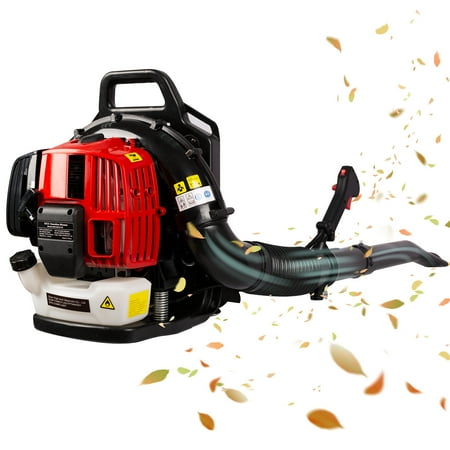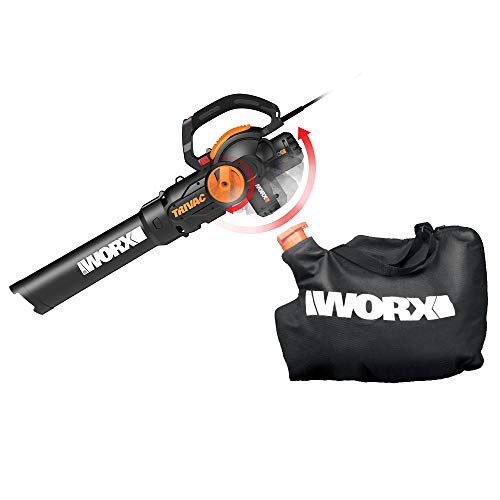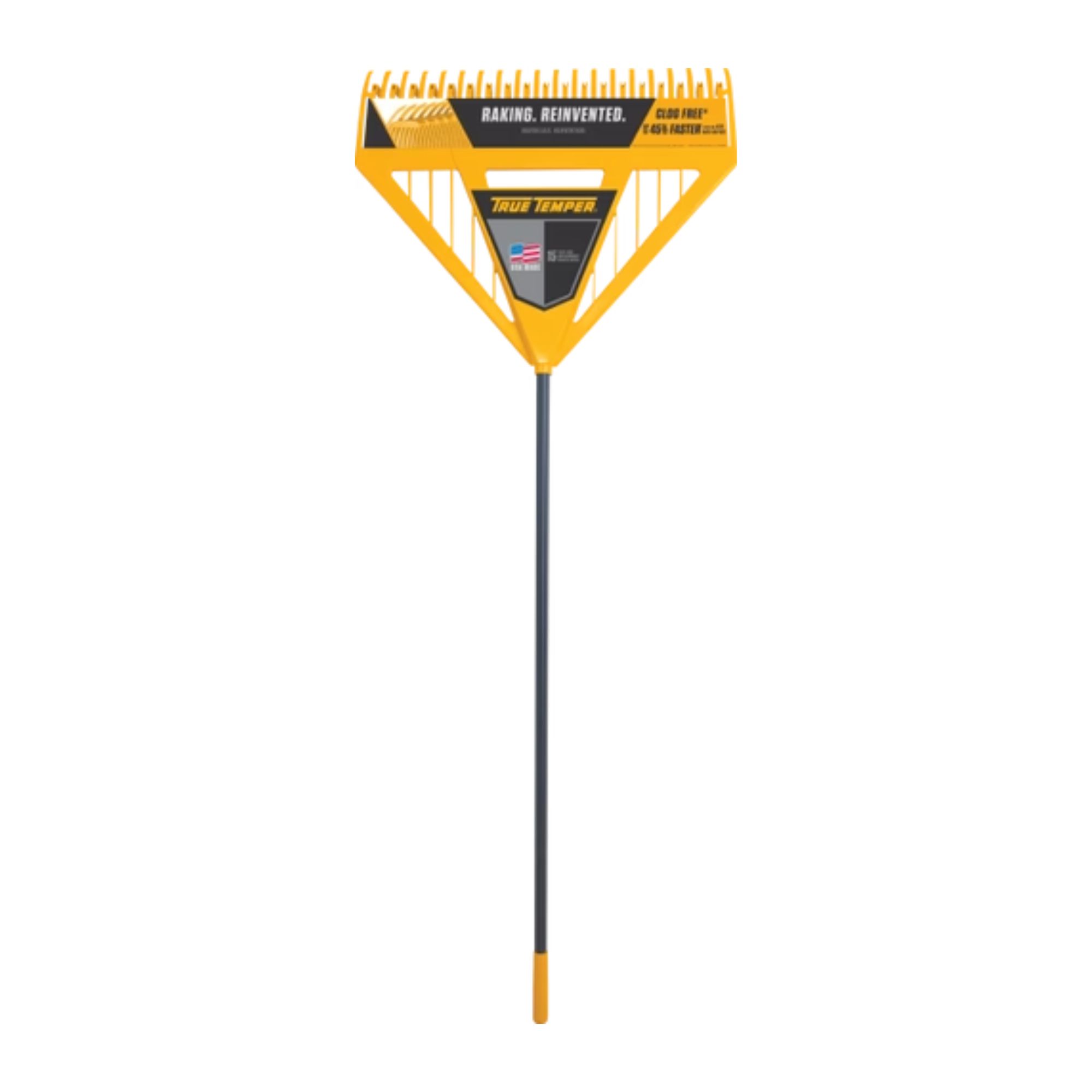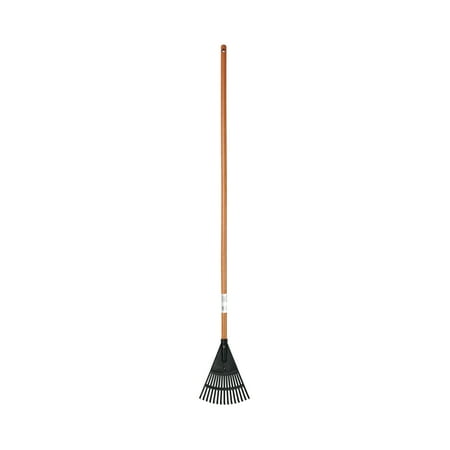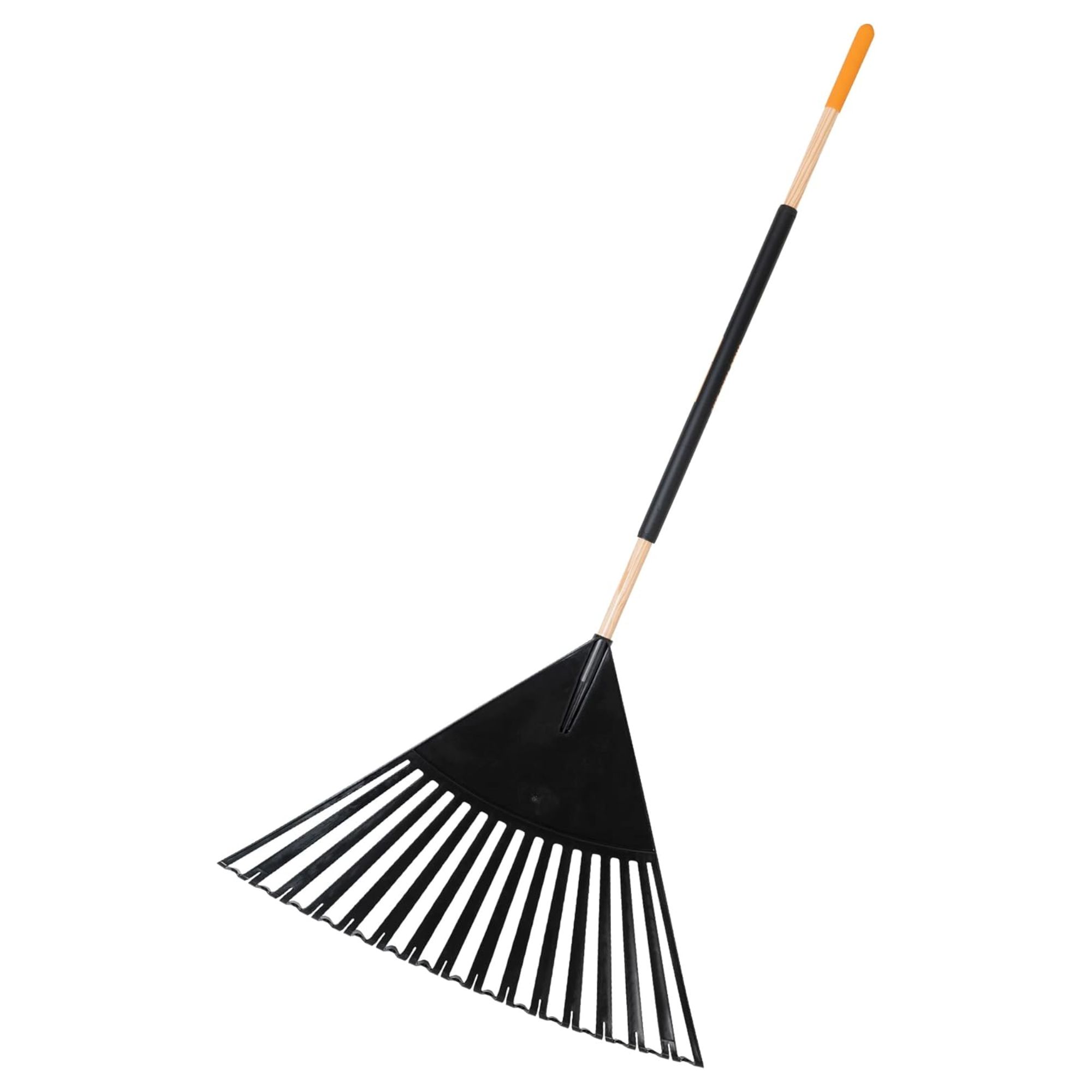Leaf blower vs rake – expert gardeners reveal if you should go hi-tech or stay old-school
As they're increasingly regulated, it's smart to consider the drawbacks of a leaf blower vs a rake

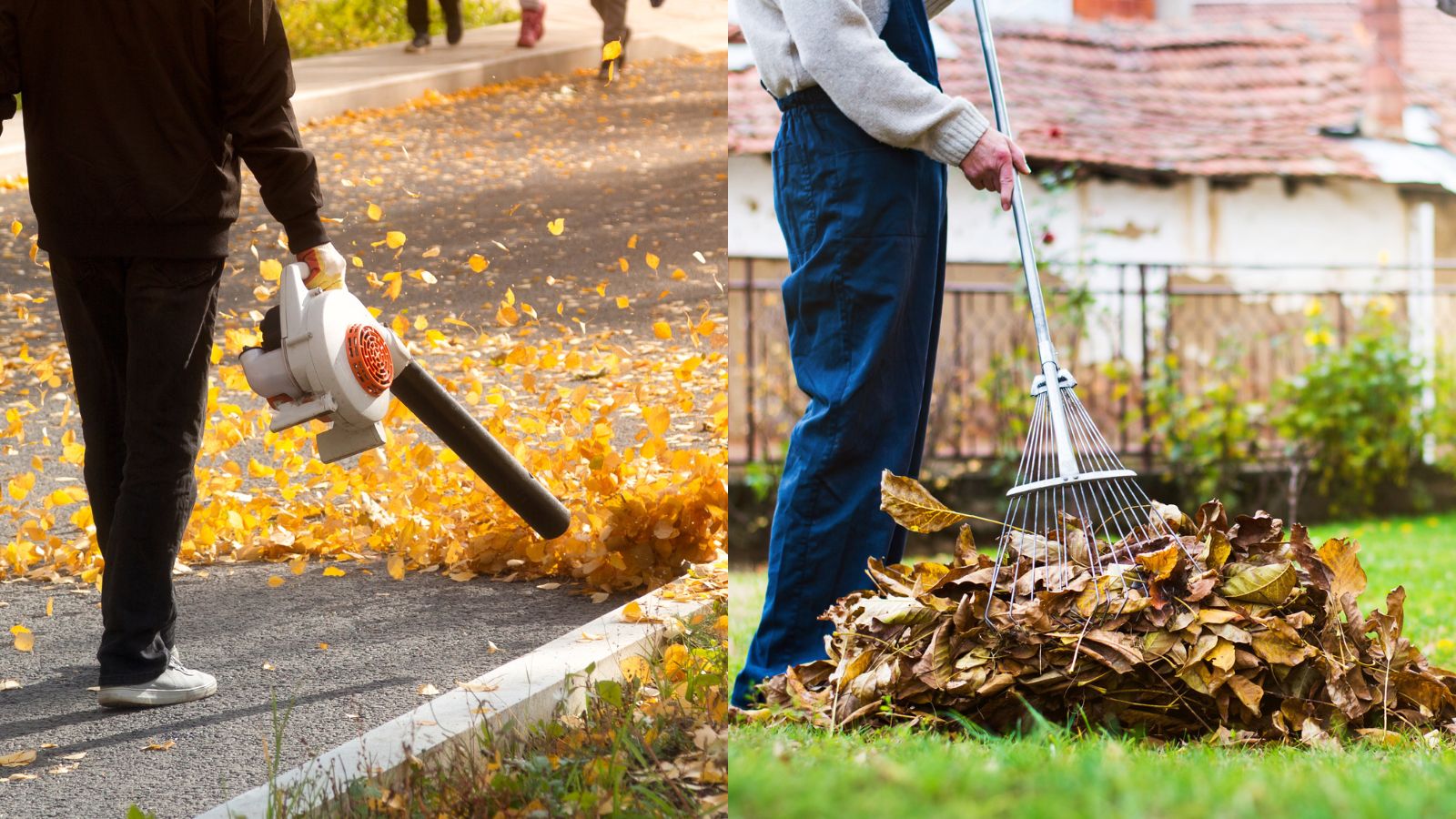
Design expertise in your inbox – from inspiring decorating ideas and beautiful celebrity homes to practical gardening advice and shopping round-ups.
You are now subscribed
Your newsletter sign-up was successful
Want to add more newsletters?

Twice a week
Homes&Gardens
The ultimate interior design resource from the world's leading experts - discover inspiring decorating ideas, color scheming know-how, garden inspiration and shopping expertise.

Once a week
In The Loop from Next In Design
Members of the Next in Design Circle will receive In the Loop, our weekly email filled with trade news, names to know and spotlight moments. Together we’re building a brighter design future.

Twice a week
Cucina
Whether you’re passionate about hosting exquisite dinners, experimenting with culinary trends, or perfecting your kitchen's design with timeless elegance and innovative functionality, this newsletter is here to inspire
Fall is here and that means leaves dropping onto lawns and driveways all over the country. Removing these leaves is an essential part of fall lawn care, and there are only two tools up to the task - a leaf blower or a rake.
Leaf blowers are falling out of favor because they're loud, polluting, and expensive. Rakes are a traditional solution, but it can be heavy manual labor to rake a whole lawn.
I've tested lots of leaf blowers over the years, so I know all the benefits and pitfalls. I also spoke to gardening experts about which tool is best for which task.
What are the benefits of a leaf blower?

Lawn and landscaping expert Gene Caballero summed it up succinctly: 'Leaf blowers are great for clearing large areas quickly.'
If you have a huge lawn or driveway, a rake won't cut it. You need a leaf blower to efficiently move a large number of leaves. Otherwise, the job will take too long. It's hard to overstate how much faster a leaf blower is than a rake. A job that will take hours with a rake can be finished in minutes with a leaf blower.
Unlike rakes, leaf blowers can be used for several other tasks, like cleaning gutters, drying a car, or clearing snow from a driveway. Leaf blowers can be better for a lawn, too. Using the wrong rake can tear up your grass, ruining your lawn.

Gene is a passionate entrepreneur dedicated to revolutionizing the lawn care industry through technology and innovation. Gene has 25 years of experience in the landscaping industry and has owned both types of mowers.
What are the drawbacks of a leaf blower?

Leaf blowers are notoriously loud. They're one of the loudest domestic tools, routinely reaching 90 or even 100 decibels. That's close to the decibel readings you'd get in a rock concert.
Design expertise in your inbox – from inspiring decorating ideas and beautiful celebrity homes to practical gardening advice and shopping round-ups.
Moreover, studies have shown that the low frequencies in leaf blower noise are particularly prone to traveling long distances and penetrating through walls. If you've ever been woken on a Saturday by a leaf blower, you know just how irritating this noise can be.
Gas-powered leaf blowers are also very polluting. They use small two-stroke engines, which are banned in California and heavily regulated in Vermont because of their greenhouse gas emissions. Cumulatively, gas leaf blowers contribute a lot of greenhouse gases, and, on a personal scale, breathing in gas exhaust can be very harmful to your lungs.
Leaf blowers are also very expensive compared to rakes and will set you back a couple of hundred dollars, and you also need to buy hearing protection like these from Amazon.
While leaf blowers are much faster and much less effort than a rake, they can be pretty heavy, so they aren't as easy to use as manufacturers claim.
What are the benefits of a rake?
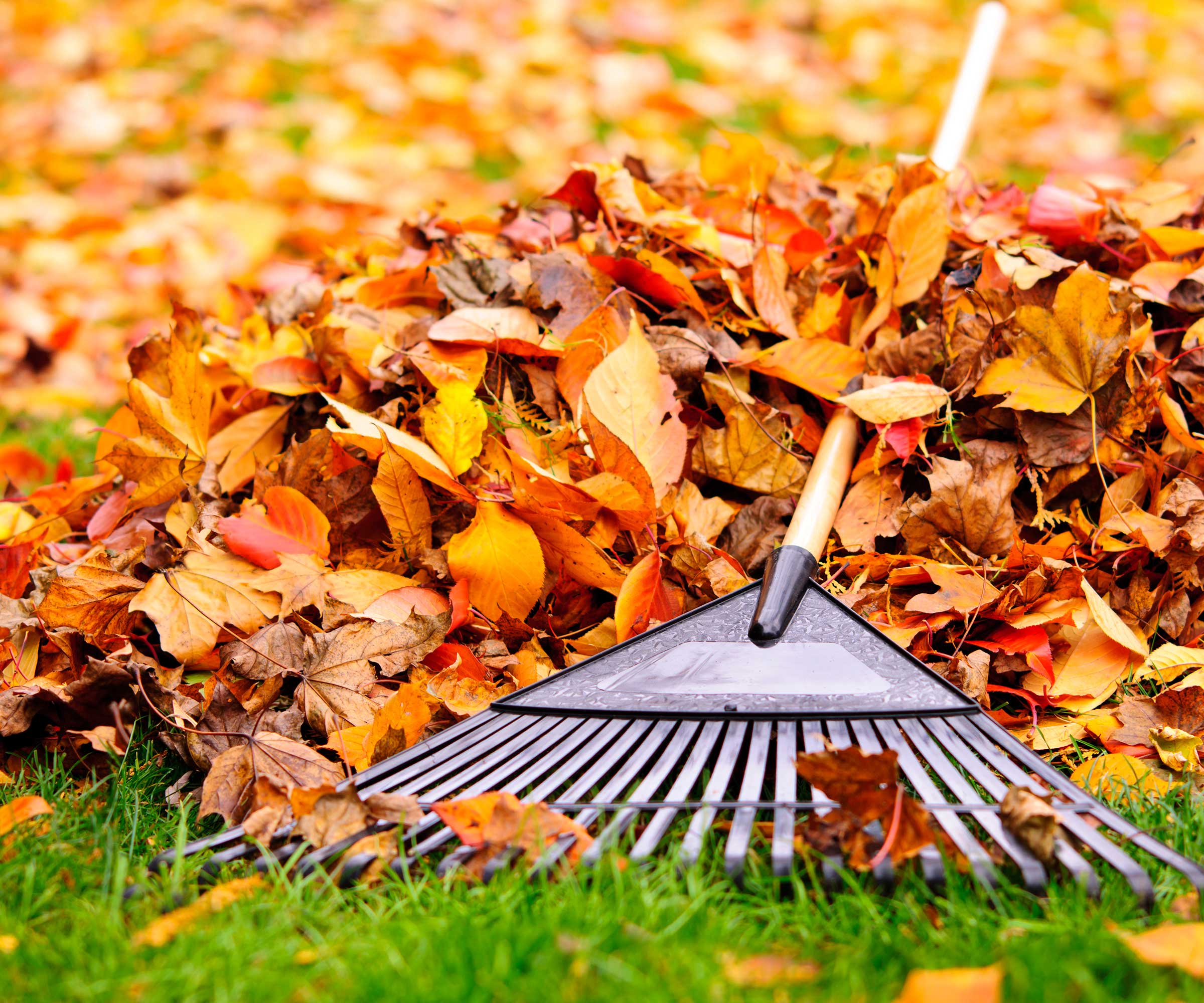
The biggest upfront benefit to a rake is that it's cheap. Rakes are hundreds of dollars cheaper than leaf blowers and, unlike leaf blowers, there's no ongoing cost of gas or electricity.
Raking is also better for the environment because you don't need to burn any fuel to do it. In some parts of the country, like California and Washington, D.C., you can't buy new gas leaf blowers, as part of measures to reduce emissions and noise.
That leads us to the other benefit of a rake over a leaf blower: a rake is quiet and won't disturb your neighbors. Some homeowners associations ban leaf blowers, or restrict their use to certain times of the day or year, but raking is very quiet, so there's no noise restriction.
There's also no troubleshooting with rakes. A leaf blower - especially a gas-engine leaf blower - can break in dozens of different ways and be very fiddly to fix. You can get by with a rake with a broken tine for years and, if the handle snaps, just buy a new one and screw it into the rake head.
Rakes are also much more precise than leaf blowers. Landscaper Gene Cabellero told me that rakes 'offer more control, making them ideal for delicate areas'. If there are leaves in a flowerbed full of delicate plants, a leaf blower is the wrong tool, as it could damage them. A rake, however, can easily manoeuvre around these plants and remove all the leaves.
You probably shouldn't do this, but you can also use rakes in the wet. It makes for a more difficult job, but it's often impossible with a domestic leaf blower, which is frustrating in fall when conditions are often wet.
What are the drawbacks of a rake?
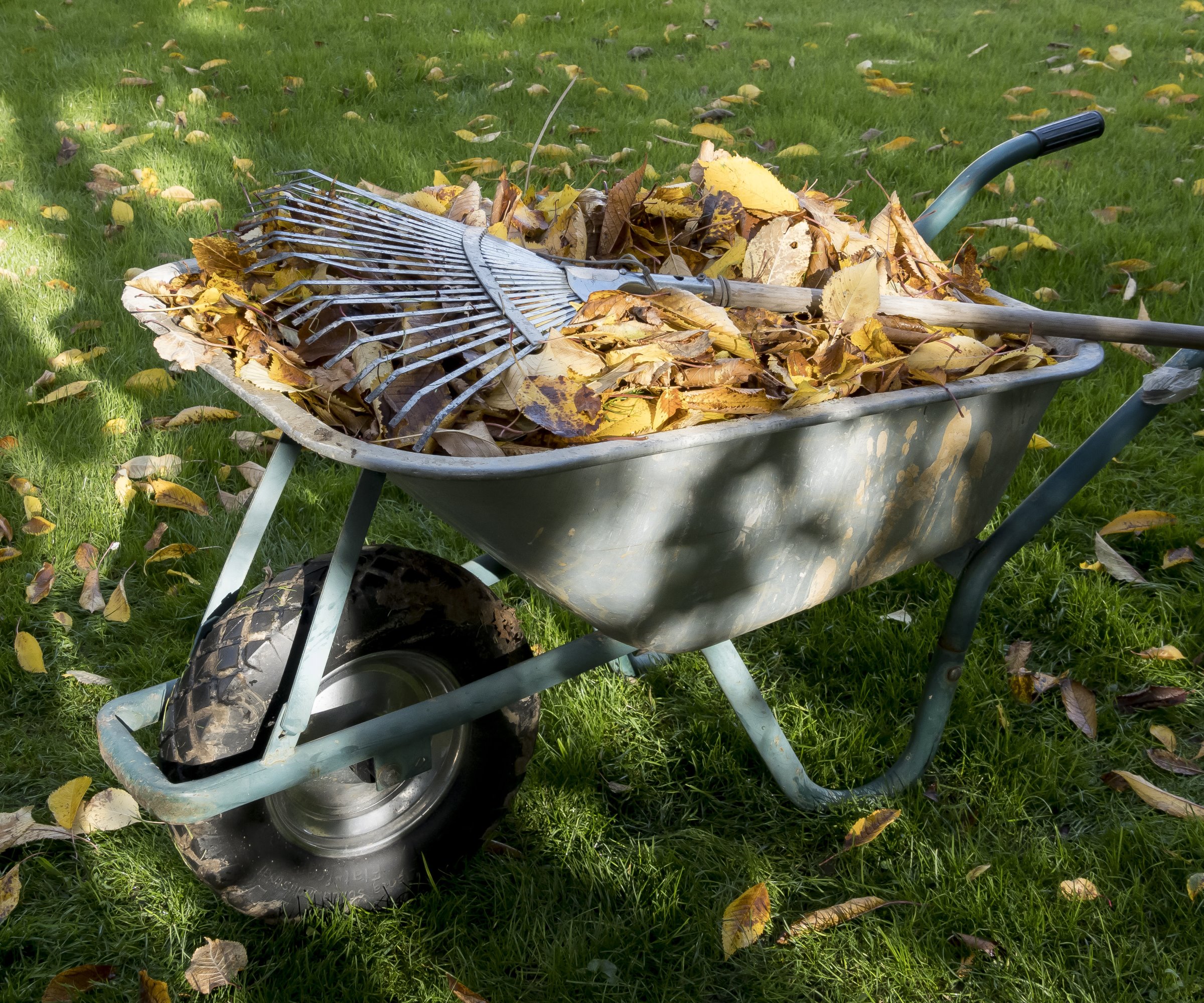
Rakes have a single, glaring drawback: it's a lot of effort. Landscape expert Gene Cabellero says: 'Rakes require more physical effort and can be slower for large spaces.'
Raking a yard is a great workout, but for many people that doesn't sound like a good time. For many gardeners, it isn't possible. If you have an injury or disability in your back, arms, or legs, raking can be out of the question.
If you have a large yard, raking might just be impractical. Even if you want all the exercise benefits and precise leaf removal, it isn't a smart move on big plots. It would take a couple of hours to rake a half acre, so yards above this size probably can't be raked.
Do you even need to do either?
When I looked at leaf blowers vs leaf vacuums, I had to admit my most controversial gardening take: leaf blowers are a little pointless. They're loud, ineffective in wet conditions - which is almost always the case in fall - and dead leaves offer great nutrients for your grass and plants, which leaf blowers take away. Unless you have a huge yard and lots of pathways to clear, I think you're much better off without a leaf blower.
However, raking the leaves off a lawn can be a crucial part of lawn management. Garden expert Thom Rutter claims: 'I think it's best to rake leaves off a lawn, as if they sit for too long they can kill the grass and you get a sort of patchy look. The lawn would always recover, but I think raking off a lawn once or twice a week is a pretty good way to get outside and enjoy the fresh air.'
If you can afford it, and have the storage, it pays off to have both tools. However, if money is tight you can replicate almost everything a leaf blower can do with a rake - it just takes time and effort.

Thomas is a Content Editor within the Gardens Team at Homes and Gardens. He has worked as a professional gardener in gardens across the UK and in Italy, specializing in productive gardening, and growing food and flowers. Trained in Horticulture at the Garden Museum, London, he has written on gardening and garden history for various publications.
FAQs
Can you use a rake to clean up pine needles?
You can use a rake to clean up pine needles, but on a large lawn the task is more efficient with a pine straw rake attached to a tractor mower.
Leaf blowers can be very antisocial, so if you opt to use a leaf blower make sure you follow the local laws and noise ordinances, and be careful not to blow leaves into your neighbors' yards.

As a gardens and lifestyle contributor, Alex makes sure readers find the right information to help them make the best purchase. Alex got his start in reviewing at the iconic Good Housekeeping Institute, testing a wide range of household products and appliances. He then moved to BBC Gardeners’ World Magazine, assessing gardening tools, machinery, and wildlife products.
